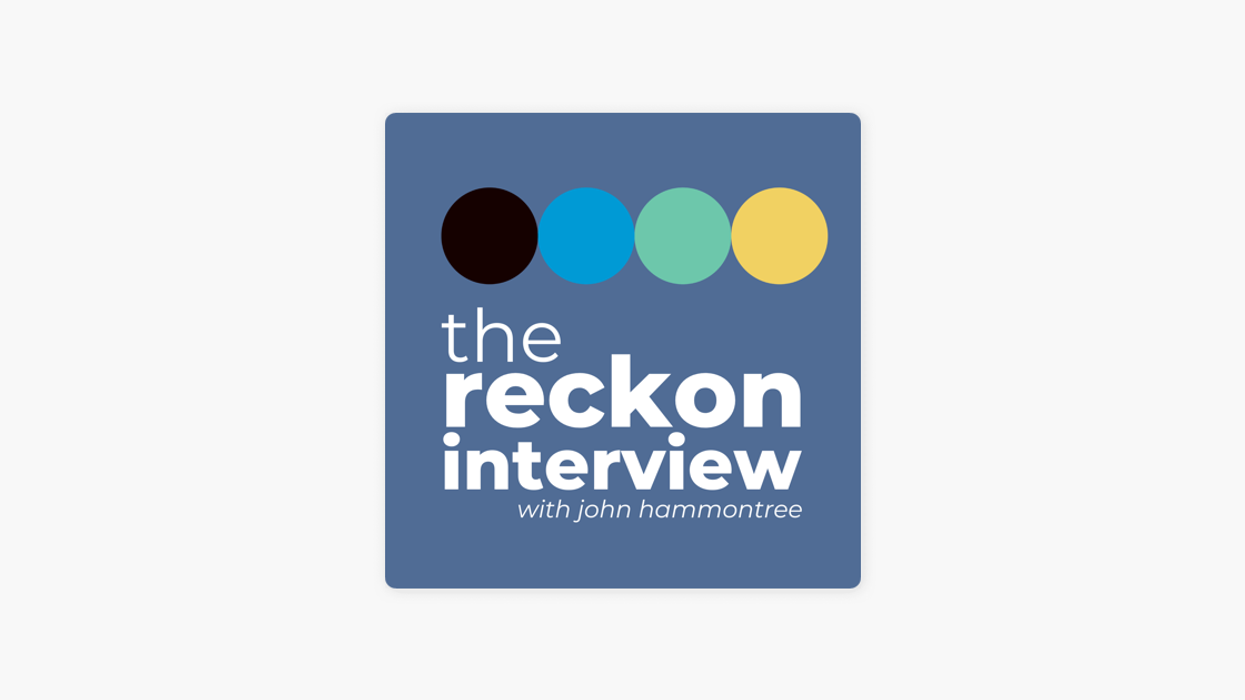Where does the South end and the rest of America begin? Is the South being Americanized or are we watching Southern influence spread to the rest of the country? That’s a topic tackled by Frye Gaillard and Cynthia Tucker in their new book: "The Southernization of America: A Story of Democracy in Balance."
Listen now




















Trump & Hegseth gave Mark Kelly a huge 2028 gift